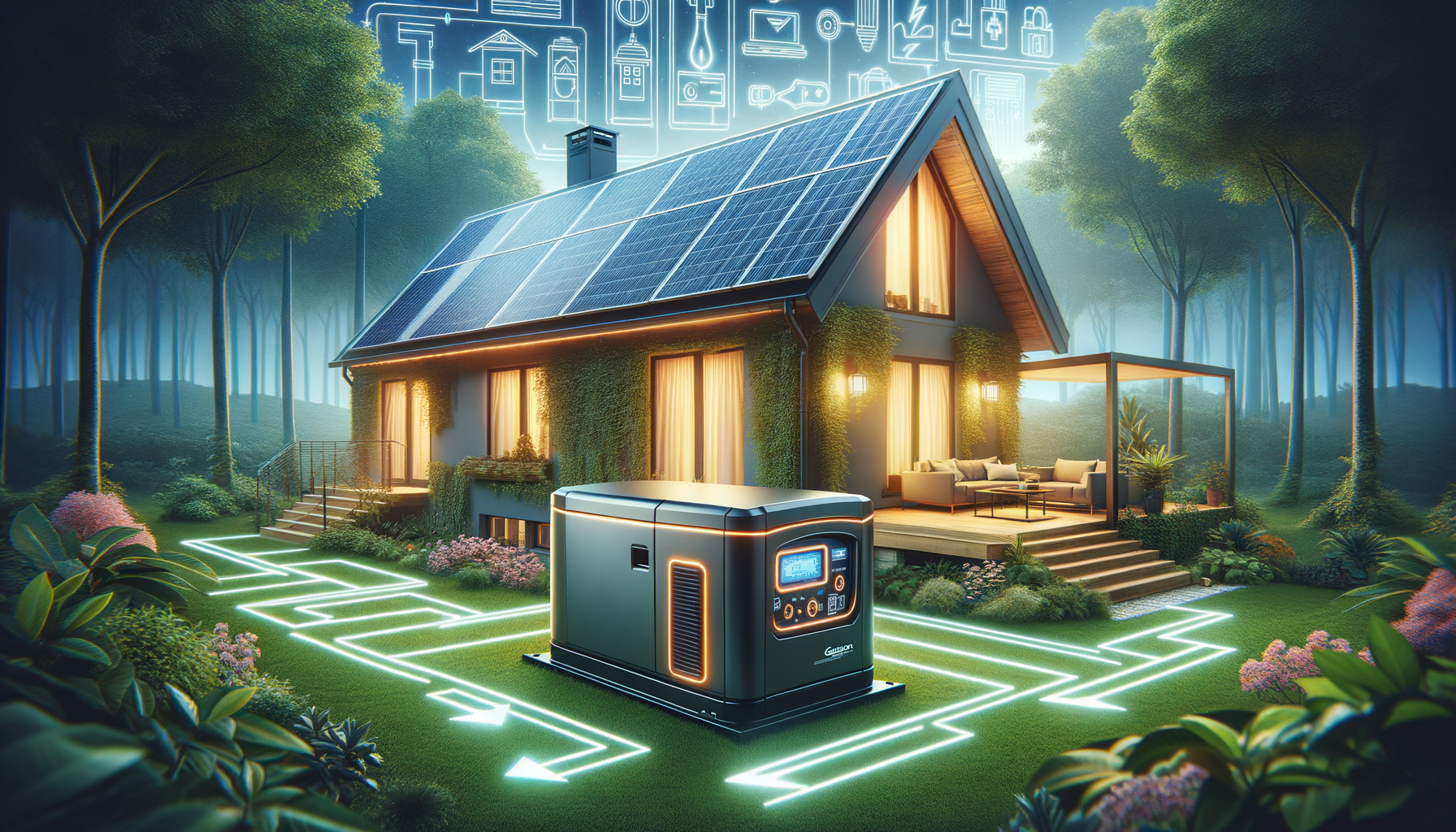Understanding the Need for a Home Generator
In an era where power outages are increasingly common due to extreme weather conditions and an aging infrastructure, having a reliable source of backup power is essential. A home generator can provide peace of mind by ensuring that your essential appliances and systems remain operational during an outage. Whether it’s a short-term blackout or an extended power loss, a home generator can keep your home comfortable and safe.
Home generators are particularly beneficial for those who rely on electrically powered medical devices, work from home, or live in areas prone to severe weather. They provide a seamless transition from grid power to backup power, minimizing disruption. When considering a generator, it’s important to evaluate your specific needs, such as the size of your home, the critical systems you want to power, and your budget.
Generators come in various sizes and capacities, ranging from portable units to whole-house systems. Portable generators are suitable for powering a few essential items, while standby generators can power an entire home. The choice between these options depends on your power requirements, installation space, and financial considerations.
Types of Home Generators
Home generators are broadly classified into two types: portable generators and standby generators. Each type has its own set of advantages and considerations, making it crucial to understand their differences before making a purchase.
Portable Generators: These are versatile and can be used for a variety of purposes, including camping, outdoor events, and emergency home power. They are generally more affordable and can be moved easily. However, they require manual setup and operation, and they typically run on gasoline, which needs to be refilled periodically.
Standby Generators: These are permanently installed outside your home and are connected to your electrical system. They automatically turn on when a power outage is detected, providing a seamless transition. Standby generators are more expensive than portable ones but offer convenience and reliability. They usually run on natural gas or propane, which provides a continuous fuel supply.
When choosing between these types, consider factors such as ease of use, power capacity, fuel type, and installation requirements. It’s also important to assess the noise levels and maintenance needs of each type to ensure they align with your lifestyle and preferences.
Installation Considerations and Costs
Installing a home generator involves several considerations, including location, permits, and professional installation. Proper placement is crucial to ensure safety and efficiency. Generators should be installed on a stable, level surface away from windows and doors to prevent carbon monoxide buildup. Local regulations may require specific clearances and noise level restrictions, so it’s important to consult with a professional installer.
The cost of installation varies based on the type and size of the generator, as well as the complexity of the installation. Standby generators typically require a higher upfront investment due to the need for a transfer switch and professional installation. Portable generators are less expensive but may require additional costs for extension cords and fuel storage.
On average, the total cost of purchasing and installing a standby generator can range from $5,000 to $15,000 or more, while portable generators may cost between $500 and $2,000. It’s advisable to obtain multiple quotes from licensed electricians to ensure a fair price and quality workmanship.
- Consider the size and power output needed for your home.
- Check for local regulations and permit requirements.
- Evaluate the long-term maintenance and operational costs.
Maintenance and Safety Tips
Regular maintenance is essential to ensure the longevity and reliability of your home generator. Routine checks and servicing can prevent unexpected breakdowns and ensure your generator is ready when you need it most. Manufacturers typically provide maintenance guidelines, which should be followed diligently.
Key maintenance tasks include:
- Regularly checking and changing the oil and filters.
- Inspecting the fuel system for leaks or blockages.
- Testing the generator periodically to ensure it starts and runs smoothly.
- Keeping the generator clean and free from debris.
Safety is another critical aspect of generator ownership. Always operate your generator in well-ventilated areas to prevent carbon monoxide poisoning. Install carbon monoxide detectors in your home for added safety. Additionally, never refuel a generator while it’s running or hot, as this can pose a fire hazard.
Financing and Incentives for Home Generators
Investing in a home generator can be a significant financial commitment, but there are various financing options and incentives available to help manage the cost. Many manufacturers and retailers offer financing plans that allow you to spread the cost over time, making it more affordable.
Additionally, some regions offer incentives or rebates for installing standby generators, especially if they are part of a broader initiative to enhance grid resilience. These incentives can significantly reduce the overall cost of installation.
Before purchasing a generator, research available financing options and incentives in your area. Compare interest rates, repayment terms, and eligibility requirements to find the best solution for your financial situation. It’s also beneficial to consult with a financial advisor to understand the long-term implications of financing a generator purchase.
By carefully considering these financial aspects, you can make an informed decision that balances your immediate needs with your long-term financial goals.








